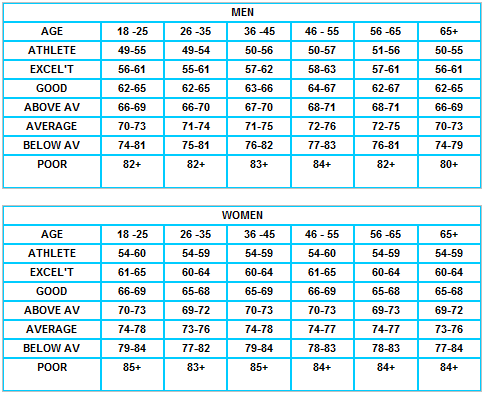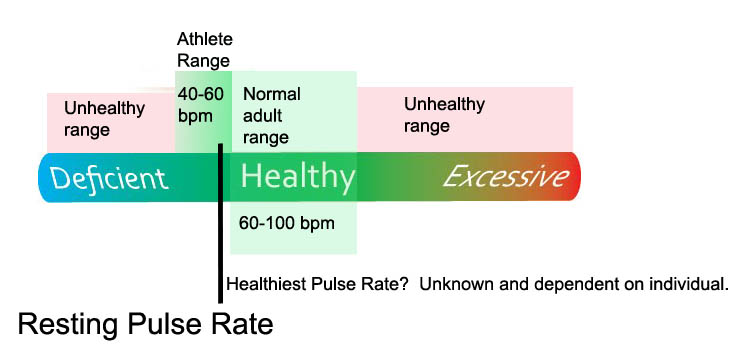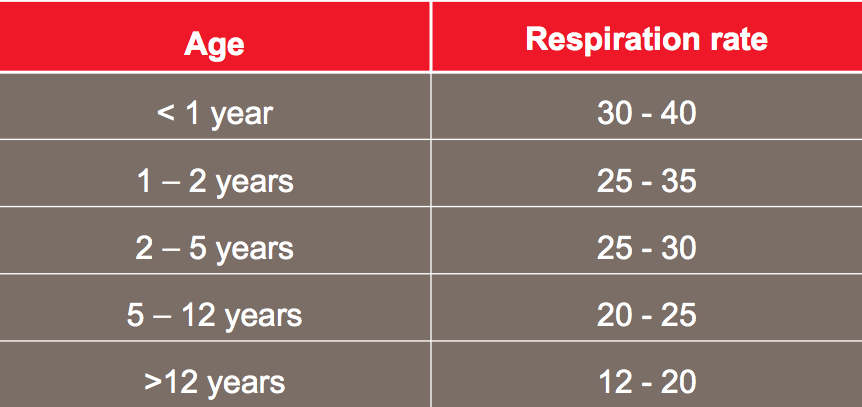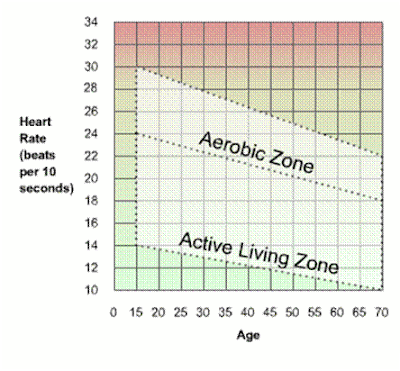The pulse rate is a measurement of the heart rate, Normal respiration rates for an adult person at rest range from 12 to 16 breaths per minute.

You can check your pulse by counting how many times your heart beats in a minute. This is also known as your heart rate. Your heart rate can vary, depending on what
To check your pulse at your wrist, place two fingers between the bone and the tendon over your radial artery — which is located on the thumb side of your wrist.
What is your pulse? Your pulse is your heart rate, or the number of times your heart beats in one minute. Pulse rates vary from person to person.
Your heart rate, also known as pulse, is the number of times your heart beats per minute. Normal pulse rates for adults vary from person to person, and knowing yours
The pulse can be measured at areas where an artery passes close to the skin. Resting heart rates that are continually high (tachycardia) may mean a problem.

Heart rate, also known as pulse rate, is the number of times your heart beats per minute. A normal heart rate depends on the individual as well as a variety of factors.



Normal pulse rates at rest, in beats per minute (BPM): Infant heartbeat. Infant heartbeat. adult athletes; 100-150: 90–120: 80-120: 70–130: 60–100: 40–60:

The American Heart Association explains what heart rate, or pulse, is and how to measure it. Learn what factors might influence your heart rate and achieving a target

A normal adult resting heart beat is between 60 Heart rates increase in response to the body The pulse is how many times a minute that our arteries


